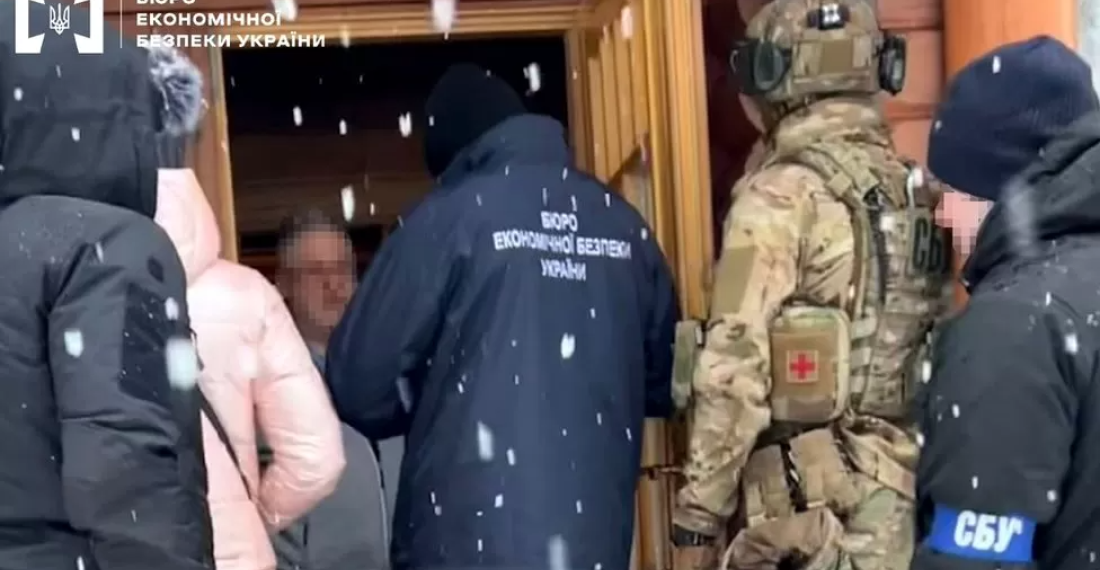Ukrainian authorities have raided the home of the prominent business tycoon Ihor Kolomoisky amid a nationwide anti-corruption crackdown. On Wednesday (1 February) the home of the former interior minister Arsen Avakov was also searched, and the Ukrainian Cabinet of Ministers fired the heads of the customs and tax agencies too.
Kolomoisky is an erstwhile ally of President Volodymyr Zelensky, whose TV channel gave Zelensky his break with the comedy series Servant of the People, in which he played a history teacher who ends up becoming president after a student posts a video online of an expletive-laden rant by Zelensky's character about the state of politics in the country. Kolomoisky also then backed the former actor's real-life bid for the presidency.
He was also the governor of the wider Dnipropetrovsk region from 2014 to 2015, and played a key role in funding volunteer battalions in response to Russia's initial invasion of Ukraine in 2014.
In a statement that made no mention of Kolomoisky, the economic security bureau said it had exposed large-scale embezzlement schemes and tax evasion worth 40bn hyrivnia ($1bn; £880m) by the former management of Ukraine's two biggest oil firms, Ukranafta and Ukrtatnafta. Kolomoisky's companies had a substantial stake in both companies, and were among several strategic businesses transferred to state ownership last November.
Corruption has long been a perennial problem in Ukraine, and the 2022 Transparency International Corruption Perceptions Index suggests that while the problem of corruption in Ukraine remains serious, the country has made slow but steady progress on corruption in recent years. President Zelensky has made addressing corruption one of his key priorities, and the EU has urged Ukraine to do more in clamping down on corruption to aid its progress towards becoming a full member of the 27-member bloc.
Kyiv will host an EU-Ukraine summit on 3 February, where the EU is expected to affirm its support for Ukraine's membership of the bloc, but stop short of calling for an accelerated process amid scepticism from some countries.







